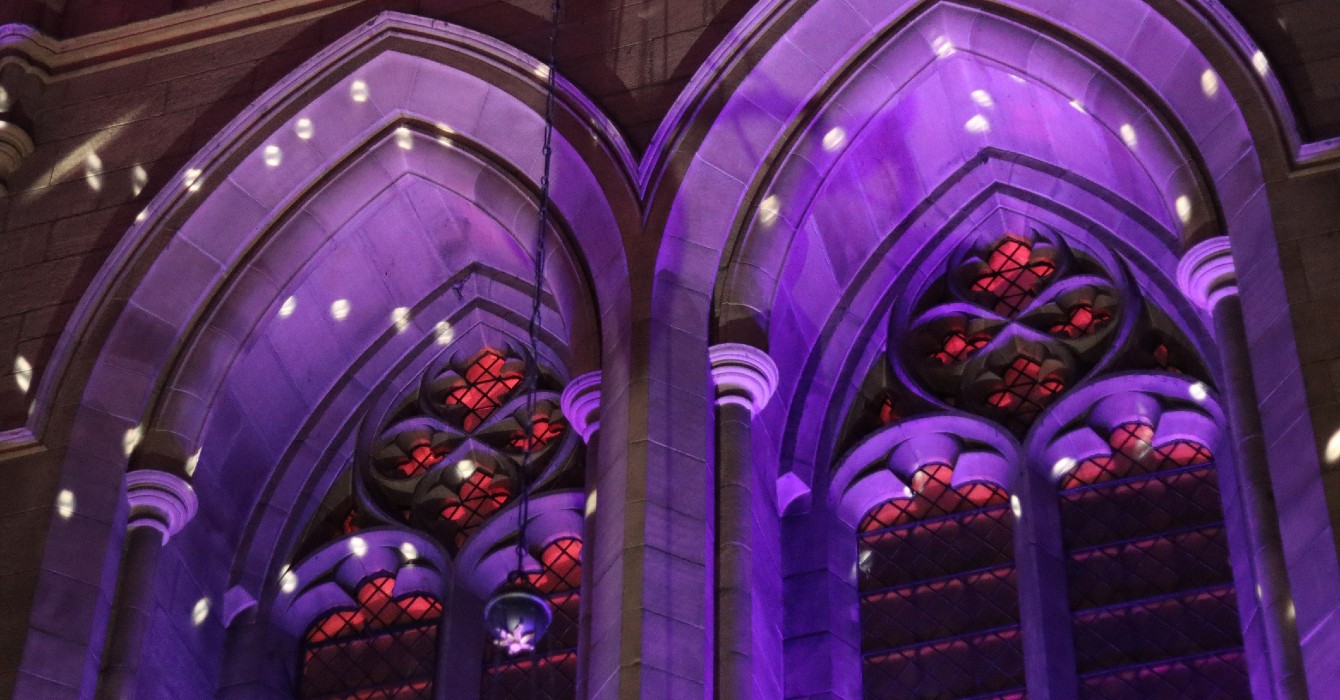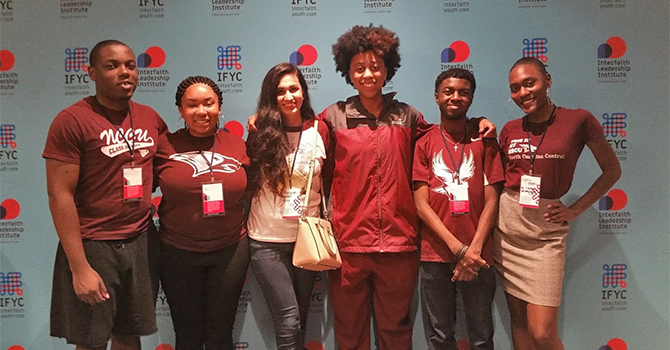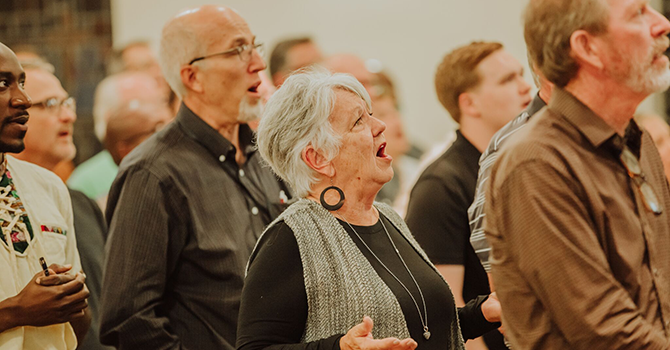
Albert Einstein, the guy who gave us the theory of relativity, once said something that helps us think about conflict: “In the midst of difficulty lies opportunity.” It’s not easy to see or believe this when tensions are high, but what if we approached conflict as if this were true? What if the conflicts we so desperately want to eliminate and avoid contain within them a seed of growth, change or new possibility? Reframing how we think about conflict can change how we handle conflict.
This year, we mark the 1700th anniversary of the Council of Nicaea, the first ecumenical council in Christian history. At Nicaea, bishops gathered to discuss the prevailing theological disagreements. They ultimately created a faith statement to bring unity within the church. The Nicene Creed affirmed that Jesus was both human and divine, a theological pillar that has guided Christian belief for centuries. Theological conflict forced the bishops to find theological clarity.
How well does your church handle conflict? How well do you handle conflict? Many Christian leaders avoid it. When churches are politically “purple,” pastors may find themselves struggling to say what they believe is faithful to the gospel when they know it will be met with disapproval by one political party or the other. In board meetings, a lay leader might go along with decisions and ignore the inner voice giving them pause because they don’t want to rock the boat.
Disagreements can be uncomfortable. But if Einstein was right, we can discover opportunities when we approach conflict with emotional intelligence, humility and an openness to new perspectives. In turn, we will learn from each other and build healthier and more resilient ministries and teams in the process.
Resources
How do you manage frustration?
With frustration rising, there are possibilities for containing the contagion and harnessing the energy generated for hope, writes the executive director of Leadership Education at Duke Divinity.
By David L. Odom
Going beyond just keeping the peace to becoming ambassadors of peace
In the months before the 2024 presidential election, the Purple Church Initiative helped members of hundreds of UMC churches in North Carolina talk with fellow congregants with whom they disagreed.
By Beth Crissman and Kenneth H. Carter Jr.
Conflict is healthy and can promote interfaith understanding
In an interfaith setting, resolving conflict as quickly as possible isn’t the goal. Rather, healthy conflict can be a spark that leads us to self-awareness, self-reflection and transformation, writes the director of North Carolina Central University’s Office of Spiritual Development and Dialogue.
By Gloria Winston-Harris
Conflict and Christian discipleship
In a time of intense polarization, both inside and outside the church, Christians are called not to run from conflict but to engage it, drawing upon ancient practices of the faith, says the president of The Colossian Forum.
Interview with Michael Gulker
Politics is key to loving your neighbor
Politics is not a necessary evil; it’s an important way to care for a community, says a professor and theologian.
Interview with Luke Bretherton
In case you missed it…
One of the most important lessons I’ve learned about dealing with conflict came from a Mennonite pastor. He said that whenever he enters a difficult situation, such as a disagreement with a staff person or a church member, he tells himself, “God is at work.” When he reminds himself that God is at work in the disagreement, it transforms the way he shows up for the conversation.
I’ve tried this and I can truly say that it made a difference for me. Telling myself that God is at work means I do not need to be anxious. Instead, I can be curious. Curiosity beats anxiety every day of the week and twice on Sunday.
I don’t know what you’re facing this week, but I hope you know that God is at work — so make the conflict count.
You can always reach me and the Alban Weekly team at alban@duke.edu. Until next week, keep leading!

Prince Rivers
Editor, Alban at Duke Divinity





